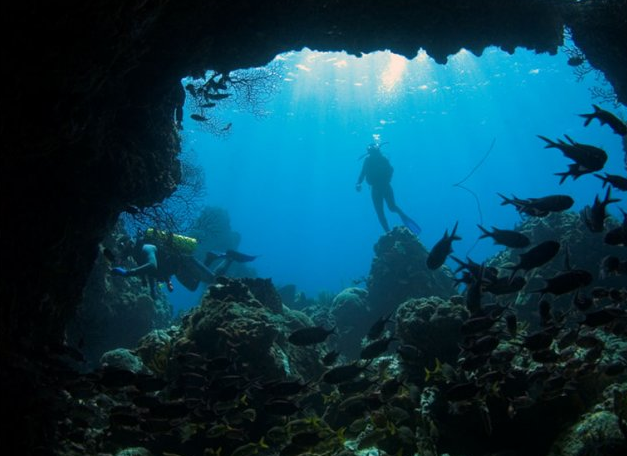While the Covid19 pandemic put our day-to-day life on hold and threatens many sectors and their existence, it also offers a chance for hotel and accommodation owners to rethink their old ways. Now more than ever, people are willing to reconsider their behaviors and change the way they live, consume, and travel. If anything, this is the right moment for tourism businesses to move into a more sustainable direction.
A recent 2020 study Ana M. López in Statista shows that between 2010 and 2018, Latin America and the Caribbean (LAC) saw an increase of 55% in international tourist arrivals. While the increase in tourists offers a chance for locals to generate their livelihoods, the climbing usage of finite natural resources, the production of waste and the pollution by more travels and traffic are destroying the environment and threatening the health of the local population. An eco-friendly approach to tourism shows how we can continue to explore the world while at the same time being more conscientious.
Increase your revenues and competitive edge
Eco-tourism does not only harmonize the way that humans live and explore nature, but it is also concerned with the livelihoods of indigenous groups and locals in the respective region.
On a broad scale, switching to environmentally friendly tourism is dependent on state interventions to declare areas of their territory a natural reserve and to put protective measures into place. Nonetheless, even small changes in hotels can have a positive impact on the environment and can in return increase the revenue created by a hotel owner.
The advantages of eco-tourism are threefold:
- They produce higher revenues.
A study by Booking.com suggests that 87% of tourists want more sustainable travel options and more than 67% are willing to spend at least 5 – 10% more on their travel if it helps reduce its impact on the environment. Especially consumers under the age of 35 are concerned with their environmental footprint and are willing to spend more money on more sustainable tourism. This underlines the importance for travel companies, hoteliers and accommodation owners to reimagine traveling and to target this group of travelers. Thereby, even small hotels can generate higher revenues.
- They create linkages between sectors.
Eco-tourism is a holistic approach to travel that incorporates locals into creating beautiful experiences for tourists. This includes sourcing food and beverages from the local farmers and promoting the consumption of local produce and it can go so far as to incorporating tourists into the production of food by introducing them to indigenous knowledge and practices. This increases the amount of people profiting of tourism, even those that do not directly work in the tourism sector and has a positive impact on promoting local culture.
- They protect businesses’ comparative advantage.
One of the reasons why tourists visit Latin America and the Caribbean is the sheer beauty of landscapes. Mountains, rainforests and crystal-clear waters attract visitors from all over the world. Thus, protecting the environment does not only mean helping to keep the climate stable but for business owners in LAC it also entails protecting their own comparative advantage. If rivers and seas are polluted and beaches full of waste, the next generations will not have the chance of generating their income through tourism.
Many Caribbean island states like Dominica or Costa Rica are rife with sustainable lodges and resorts. Designated websites navigate the interested future tourist through offers of lodges with rainwater harvesting systems, renewable energy sources, and that are seeking to reduce heating and air conditioning systems. These businesses also seek to integrate the indigenous community in creating beautiful experiences for tourists while at the same time attempting to reduce their own carbon emissions and waste production can and should be the models of the future.



Síguenos en